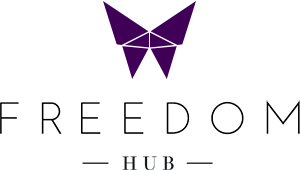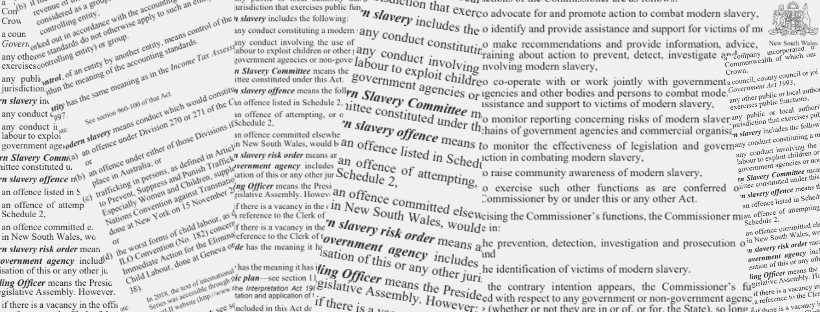Modern Slavery Statements are pouring into the Australian register. But are they making an impact on modern slavery?
The Issue
New insights have just been delivered in an extensive collaborative report by prominent academics and civil society organisations. This report is aimed at improving responses to modern slavery.
The report, ‘Paper Promises‘, examines modern slavery statements from 102 companies submitted to the government as required. Researching across four sectors with high risks of modern slavery. They include Chinese garments, Malaysian gloves, Thai seafood and Australian horticulture.
The insights reveal a recurrent theme that has become quite apparent across analyses of these statements. To quote a significant remark:
“many company statements remain mere ‘paper promises’, with little evidence of effective action in areas most likely to improve conditions for workers.”
A cosmetic compliance, so to speak, representing a stumbling block in the Australian attempt to tackle the global issue of modern slavery.
Notwithstanding the stringent requirements of the Modern Slavery Act, the report found that 77% of companies failed to address all mandatory reporting criteria in their statements. And concerningly, only 27% of companies demonstrated the effective action they would take to address modern slavery risks in their supply chains.
Of company statements assessed, here were some highlights of concern:
- A severe lack of knowledge about their supply chains. With limited visibility over their suppliers down the chain, and the conditions of workers
- Risk disclosure across all sectors was weak. 50% had no measures in place to address risks present in their operating sector
- Only 27% revealed their company were prepared to remediate harms caused in its supply chain
- Companies generally neglected to disclose the results of their human rights diligence monitoring processes. Not clarifying whether effective action was being taken.
Our Proposition
The Freedom Hub recognises that many companies’ modern slavery statements were their first attempt. Navigating unchartered and complex, often opaque waters is very difficult. However, as the Act is due to be reviewed later in 2022, companies must anticipate that the Act will be strengthened to make the goals of the Act realisable. And non-compliance with requirements may soon have material consequences. The review will also contemplate lowering the reporting threshold to entities pulling less than $100 million a year in profit.
For many companies, constructing modern slavery statements that fully commit to the worthy aims of the Modern Slavery Act is nothing short of a mammoth task. Compounded in difficulty by the opacities that arise in the process and the relative newness of the stringent requirements it imposes on companies.
Modern slavery risk oversight, however, is nothing new to The Freedom Hub (TFH). Experience in the field is undeniably a prerequisite to understanding precisely what risks to identify in the first place and how to perform proper human rights due diligence. With the backing of 14 years of professional experience specialising in ending modern slavery, we at TFH have imbued this insider expertise in our modern slavery seminars, workshops, online training and RAMP (Risk Assessment and Measurement Platform); designed to assist companies in ramping up their modern slavery response. In addition, as a charity, all profits derived will fund our Survivor School, enabling victims of modern slavery in all its manifestations to return to the workforce and society with confidence and dignity.
Ramp up Your Response
To learn more about how we can help your modern slavery statement stand out as a model for compliance and human rights protection, find out more about our Modern Slavery Workshops and Training Seminars.
For more bespoke assistance, “contact us here” to talk through the needs of your entity, be it measurement, procedures, supply chain mapping or remediation.

